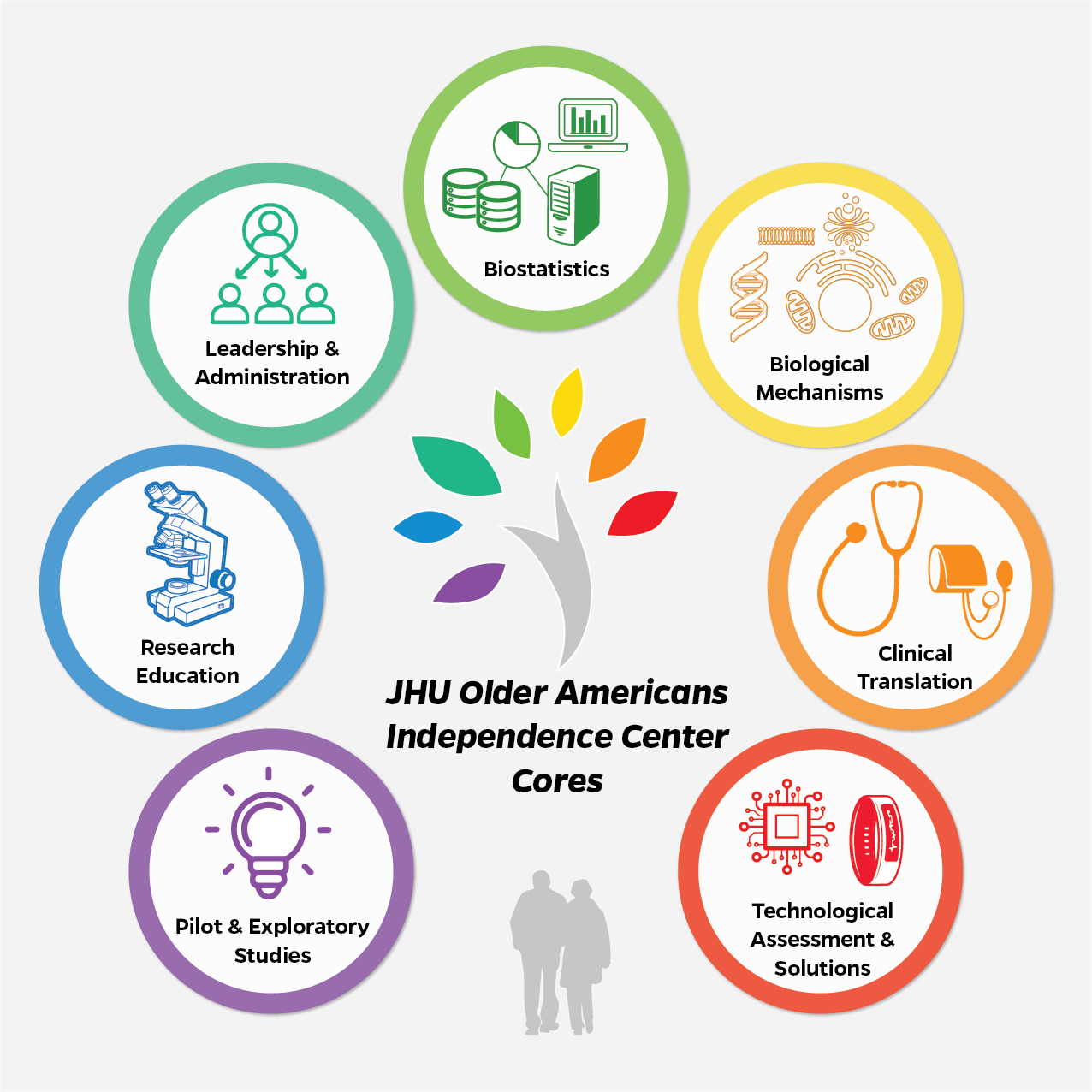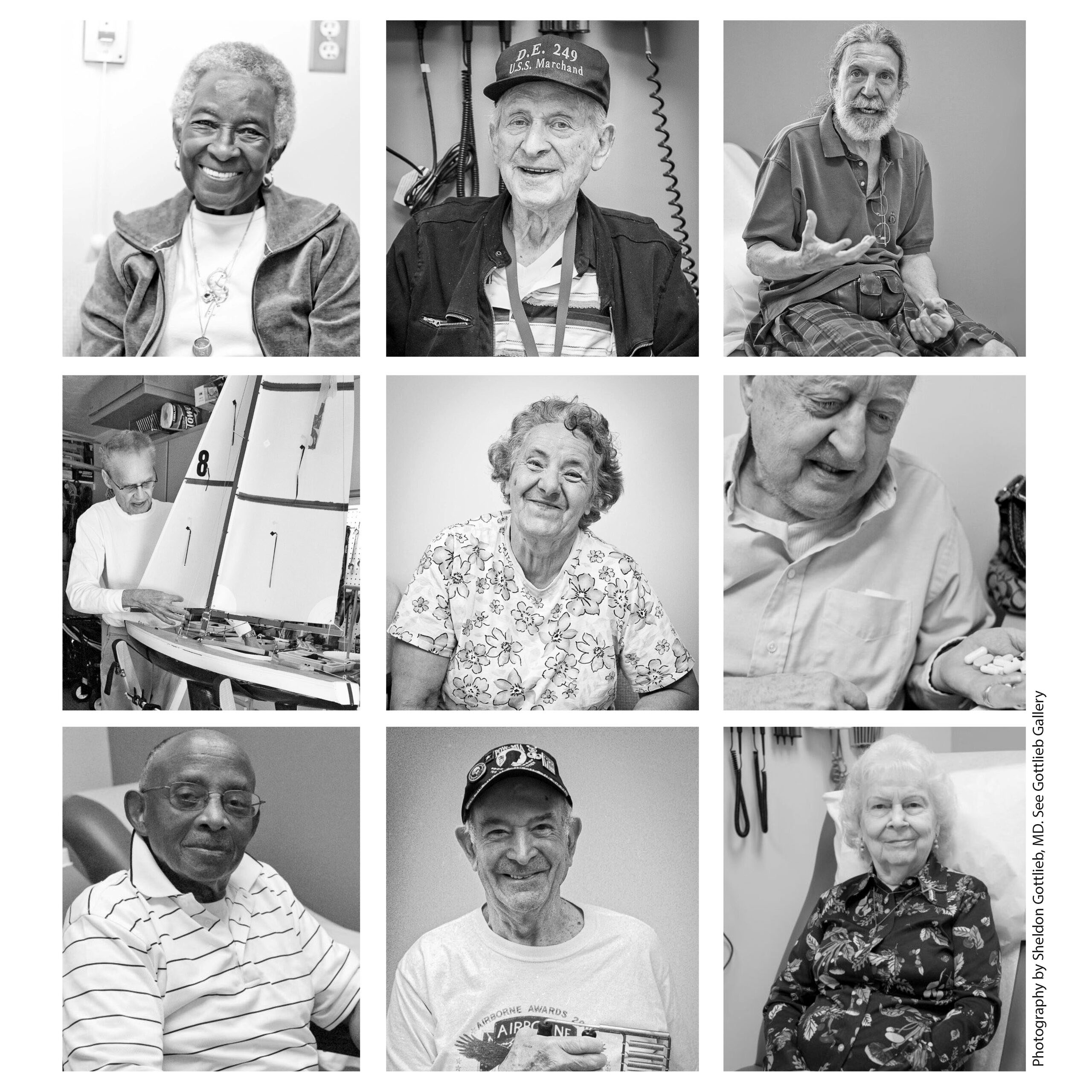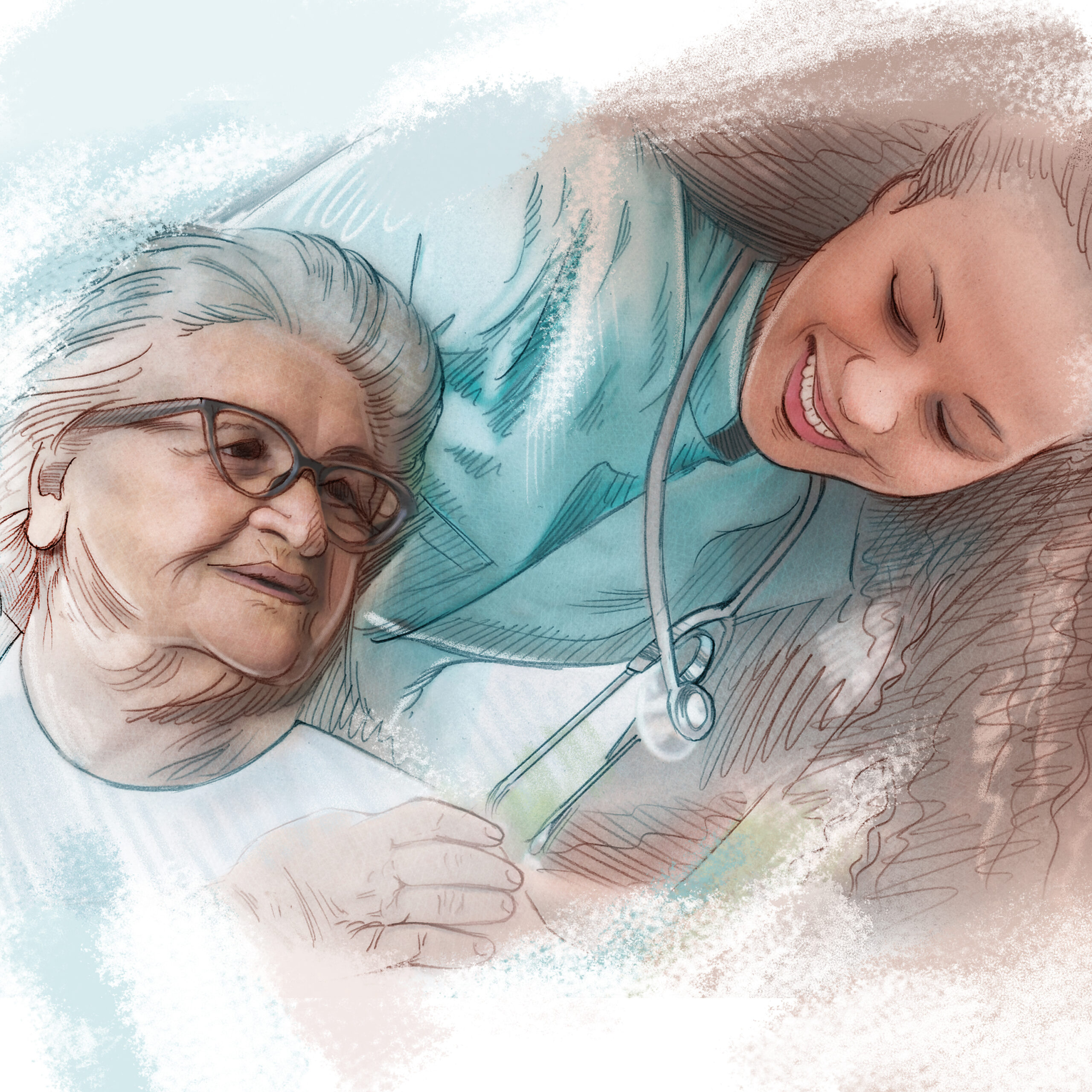Frailty Educational Video Modules
Educational video modules on the science of frailty.


Frailty is recognized as an age-related condition in which older adults lose the capacity to cope with stressors and become vulnerable to functional decline, loss of independence, and mortality. Since its original funding in 2003, the novel approaches of the Johns Hopkins University (JHU) Claude D. Pepper Older Americans Independence Center (OAIC) have helped to demonstrate that frailty is a syndrome caused by multiple biological mechanisms that are expressed through characteristics of decreased resiliency and reserve in older adults. Frailty research provides a highly productive framework for clinical, population-based and biological discovery and for the development of junior investigators for academic careers in frailty and aging research.
Learn More
The mission of the JHU OAIC is to provide a hypothesis-driven, frailty-focused, highly interdisciplinary center where supported investigators receive the expertise, resources, and training necessary to make fundamental discoveries related to the origins and causes of frailty and then move these discoveries towards frailty-focused interventions.
Learn More
March 2025: The deadline to submit letters of intent for funding in the 2025-2026 grant year was 3/15/2025; this call for letters is now closed. Please visit the Resources & Funding Opportunities section for more information.
Learn MoreFrailty Educational Video Modules
Educational video modules on the science of frailty.
Frailty syndrome is defined as a clinically recognizable state of increased vulnerability resulting from aging-associated declines in reserve and function across multiple physiologic systems.
Hopkins Frailty Assessment Calculator
A standardized, evidenced-based method to assess frailty across clinical and research settings.
Frailty Science website (frailtyscience.org)
Created by the JHU OAIC, the mission of FrailtyScience.org is to provide state-of-the-art information on frailty-related science and how it might impact health and wellness for older adults.
Pilot and Exploratory Studies Core
The overall goal of Pilot and Exploratory Studies Core (PESC) is to cultivate and support cutting edge pilot and exploratory studies that will advance the development of effective prevention and/or therapies for frailty and hence facilitate independence in older adults. The PESC provides funding, access to biostatistical, biological, and clinical research core resources, and mentoring and oversight to completion of pilot and exploratory studies.
The primary purpose of the Research Education Component (REC), formerly known as the Research Career Development Core (RCDC), is to increase the workforce of experts dedicated to scholarship on frailty and its translation into strategies to increase independence in older adults.
Leadership and Administrative Core
Scientific leadership, organization and infrastructure to lead and oversee the frailty-focused activities of the JHU OAIC.
Resource Core 1: Biostatistics Core
The Biostatistics Core (OAIC Resource Core 1, or RC-1), seeks to empower our institutions’ scientists with the quantitative support and expertise needed to create and translate into clinical practice the next generations of research on frailty. The functions supplied by the Biostatistics Core of the Johns Hopkins Older Americans Independence Center have been central in the creation of significant research, training and practice paradigms for addressing frailty in older adults.
Resource Core 2: Biological Mechanisms Core
The rationale for the Biological Mechanisms Core (Resource Core 2, or RC-2) is to provide the expertise, technology access and infrastructure, mentoring, and training necessary to facilitate the highest quality etiologic research in frailty.
Resource Core 3: Clinical Translation Core
In order to more effectively meet JHU OAIC’s goal of translating frailty-related etiological discoveries into clinical studies that help maintain independence in older adults, and to overcome the substantial barriers to success in clinical investigation for junior investigators, the leadership of this OAIC made a strategic decision to develop this resource core.